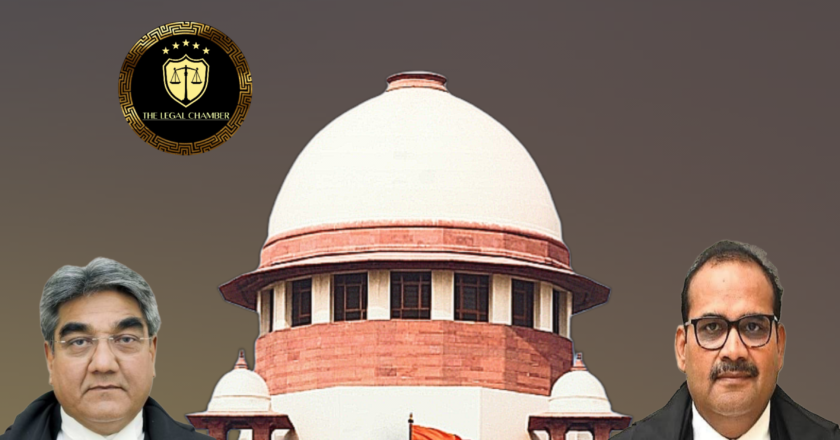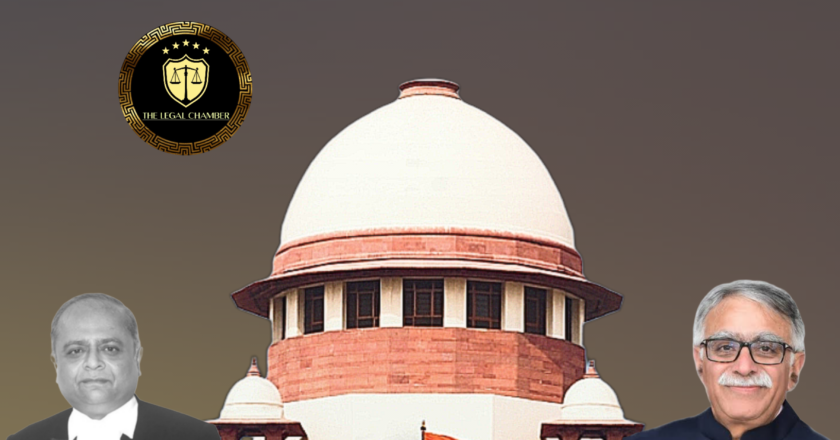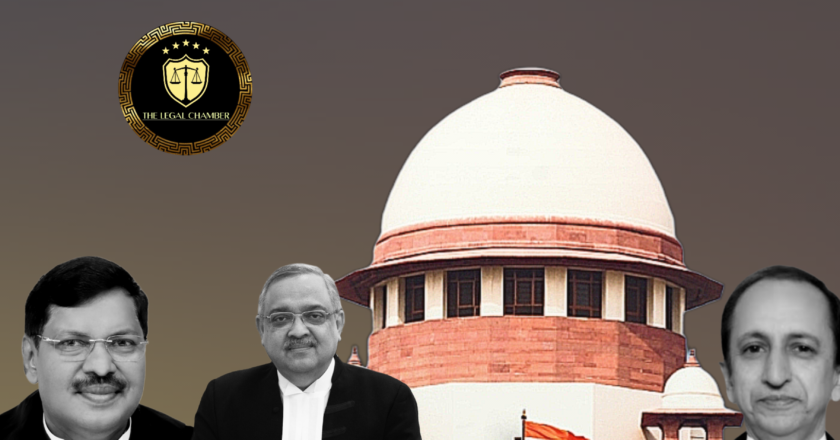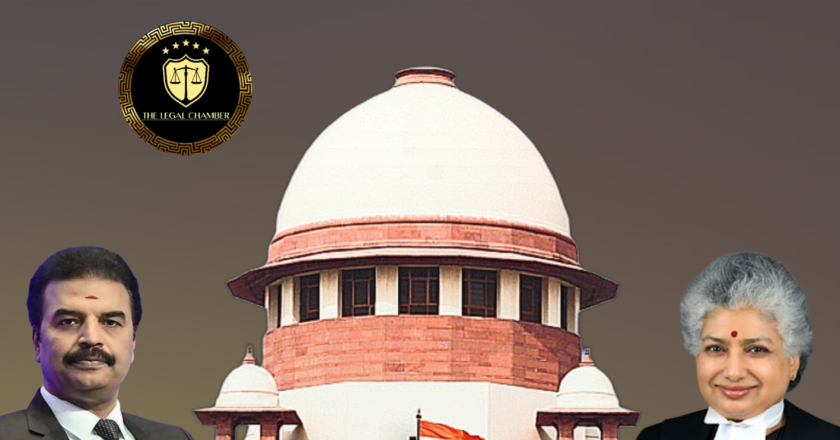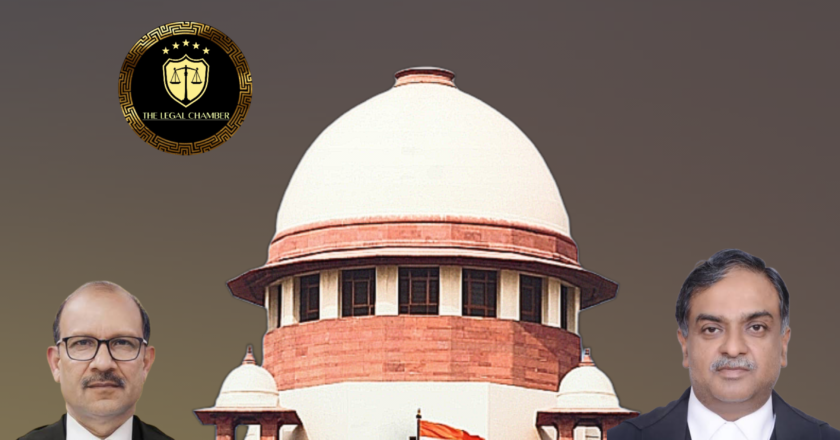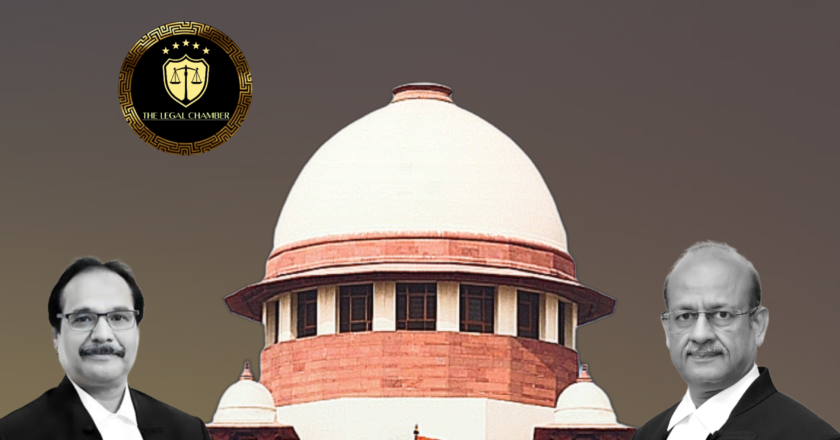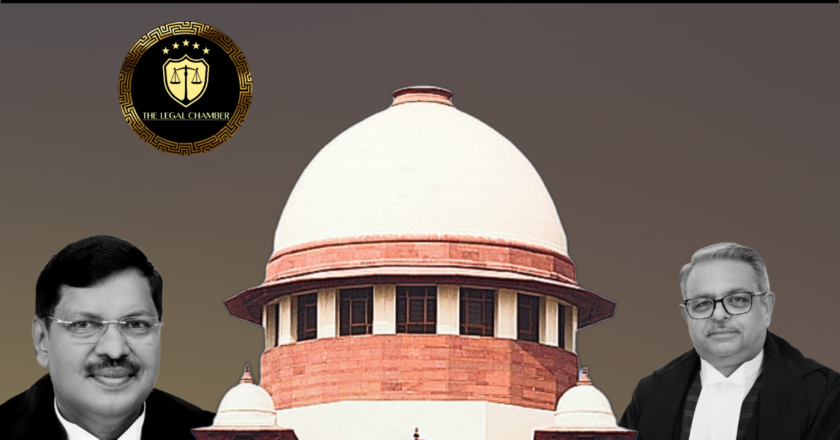Supreme Court Revives Forgery Case: Fake Stamp Paper Probe Must Go On
The Supreme Court held that a Magistrate's referral under Section 156(3) CrPC for police investigation is justified when a complaint discloses a cognizable offence and such a direction is conducive to justice. The High Court's orders quashing the referral were set aside, emphasizing that the police must be allowed to investigate prima facie allegations of forgery and fabrication of documents.
Facts Of The Case:
The appellant, Sadiq B. Hanchinmani, filed a civil suit claiming ownership of a property via an oral gift from his father, challenging a registered sale deed in favour of accused No. 1, Veena. The suit was dismissed in 2013. During the pendency of his appeal (RFA No. 4095/2013) before the High Court, a status quo order on the property's title and possession was initially granted b...

